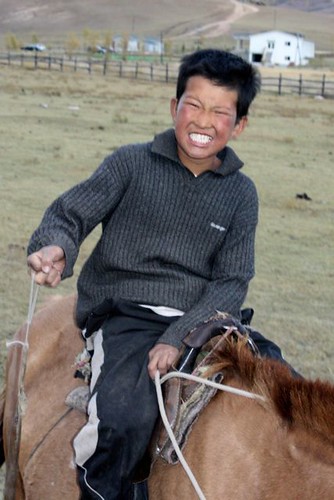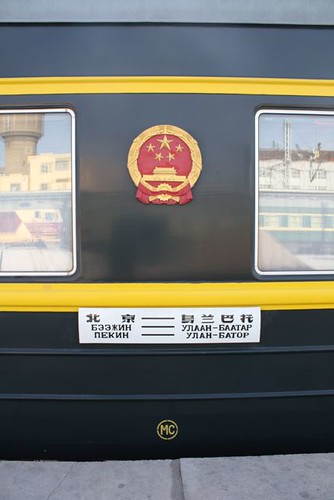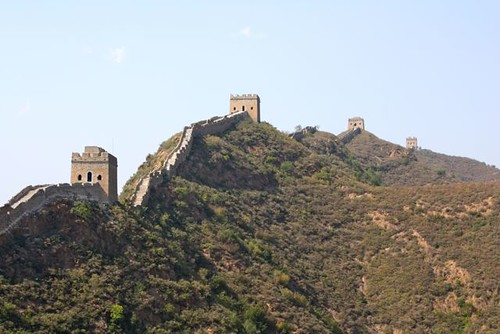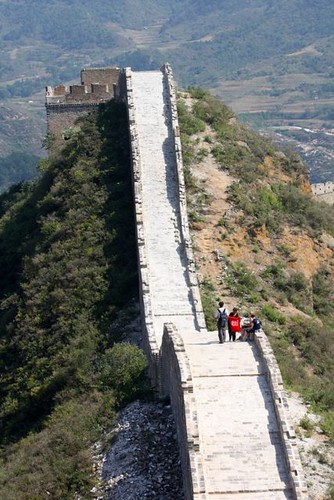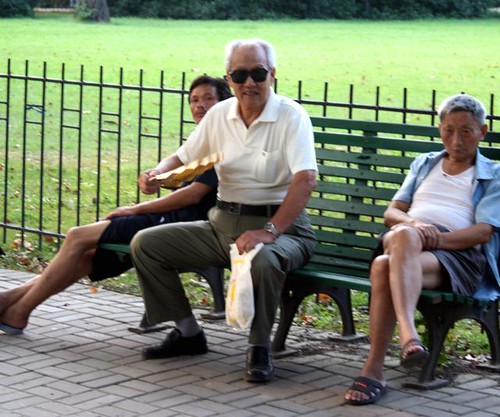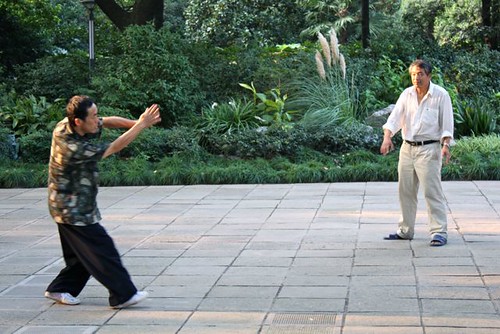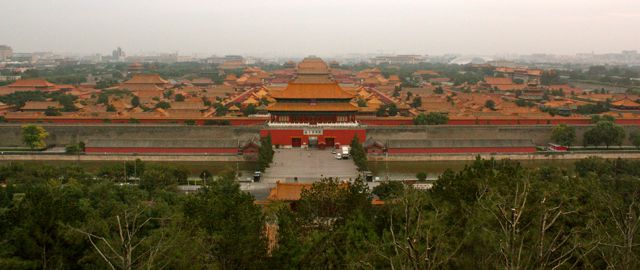
My post-University years have seemingly turned into an almost permanent lifestyle that friends and family constantly refer to as “nomadic.” Haven’t been in the same place for than a few months, rarely - if ever - have a permanent mailing address, usually don’t know the time zone I’m in and function comfortably with my 40 pounds of existence stuffed into a backpack. Then I came to Mongolia.
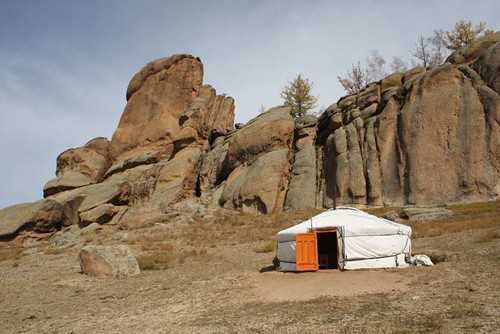
For the duration of their existence Mongolians have been a truly nomadic people - picking up camp and moving on with the weather, the herd and the food supply. To this day, with the exception of those permanently residing in the capital city of Ulaanbaatar, literally millions of Mongolians continue to live this way. This lifestyle, of course, in stark contrast to the global “norm” that has been perpetuated through the export of western values, politics and “stuff.”
The first questions that came to my mind: But how do they pay taxes? Where do they get mail? How about going to school? Collecting souvenirs? What if something they buy breaks and they need to return it? The seemingly obvious answer: These are not questions that emerge in a nomadic society.
What’s even more fascinating is that Mongolia was - 700 years ago - the World’s greatest super power, which the empire stretching from Turkey all the way to China, including India and most of eastern Russia. Genghis Khan introduced the world’s first paper currency and initiated a free-trade area larger than any that exists today. Indeed, there has never been a ruler or civilization more powerful and there probably never will be.
So then, how does a society once so great exist in today’s age where “tradition” means “settling down, raising a family and compiling an enormous amount of stuff? As far as Mongolia is concerned, it appears those pressures are causing a fracture in society that may very well be irreversible.

One might see me fitting in quite well in Mongolia. This construction of “nomad,” however, is quite different. While mine is almost a negative at “home” and viewed as an escape, her in Mongolia it is simply the norm, with those attempting to “settle” actually going against the grain. What’s interesting, however, is that their nomadic tradition has weathered for thousands of years. While other empires rose and fell, the Mongols carried on living with nature rather than attempting to conquer it.
Maybe the nomadic life, then, is what we should all be striving for. Maybe I - like the Mongols - am not the weirdo after all...
--
Kyle Taylor
